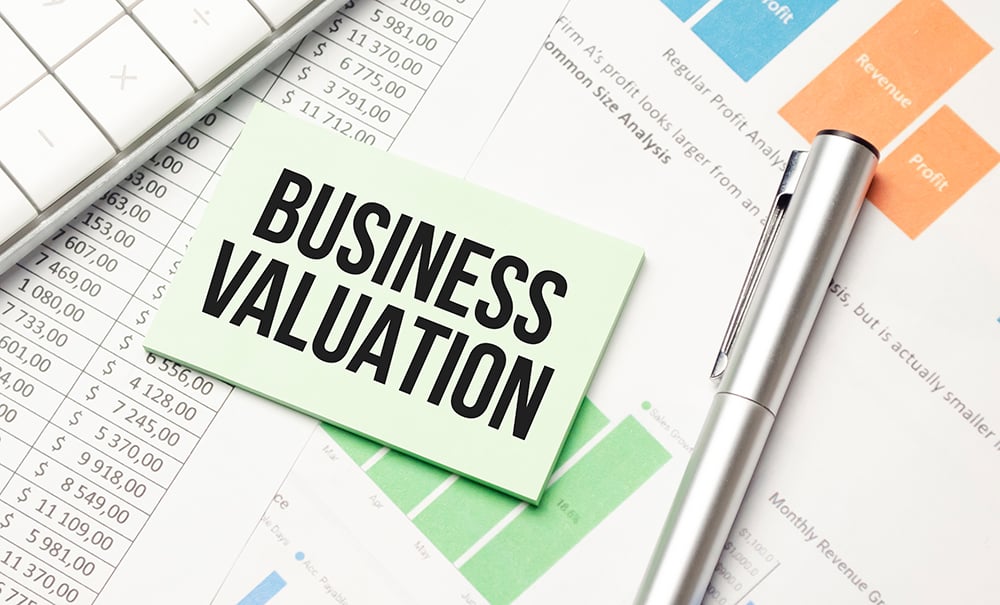
Rollover as Business Startups (ROBS) is an innovative financing method that allows entrepreneurs to use their retirement funds to invest in or purchase a small business. A critical step in the process is determining the company's value. A certified appraisal will assist in ensuring the investment aligns with both IRS requirements and your financial goals.
Why Business Valuation Matters for ROBS
The IRS mandates that any business purchased or developed with retirement funds must be fairly valued. Overpaying could jeopardize the long-term viability of your retirement account, while undervaluing the business may lead to IRS scrutiny.
The certified business appraiser will utilize the same standards, approaches, and methodologies that they do for any valuation purpose, specifically the Market and Income Approaches. If the company has a short operational history, it may request that the owner reasonably forecast and develop future revenue and expense streams under the income approach. The Asset Approach might be utilized if there are significant assets involved with little income generation, however, it is likely more beneficial that the balance sheet be factored into the other two approaches.
While it is possible to conduct a basic valuation yourself or with your accountant, it is highly recommended to engage with a qualified appraiser professional that has credentials from organizations such as the NACVA or ASA. This ensures adherence to industry standards and provides a comprehensive report that satisfies both the IRS and financial institutions involved in the ROBS transaction.
As the business owner, ensure that you perform due diligence by preparing accurate financial records, establishing realistic income projections, and having detailed documentation in place to support the valuation effort.
>In summary, Rollover as Business Startups (ROBS) is a potentially tax-free way to invest in a small business. However, it may be held under strict scrutiny, so ensure the process is well documented and supportable. It can be a powerful investment strategy that avoids the need to acquire partners or bank financing, but the success of your venture hinges on sound decisions and careful planning. An independent, certified business valuation can facilitate the process and set the foundation for a smooth and compliant transaction.





